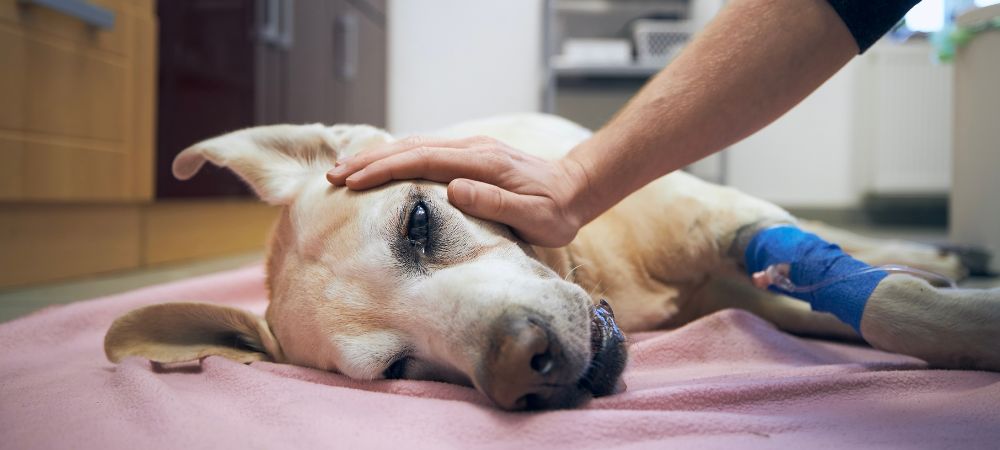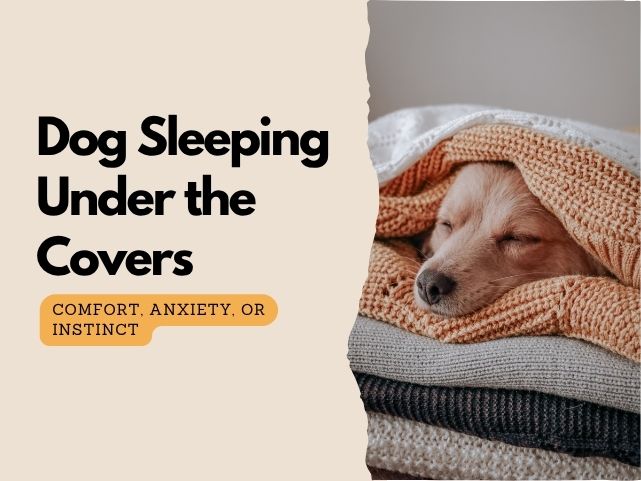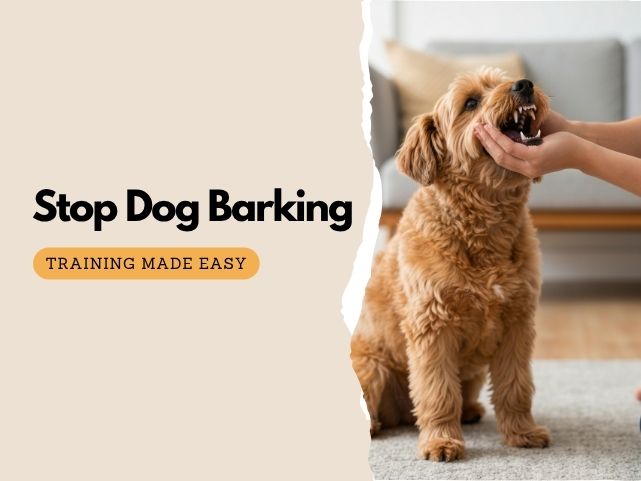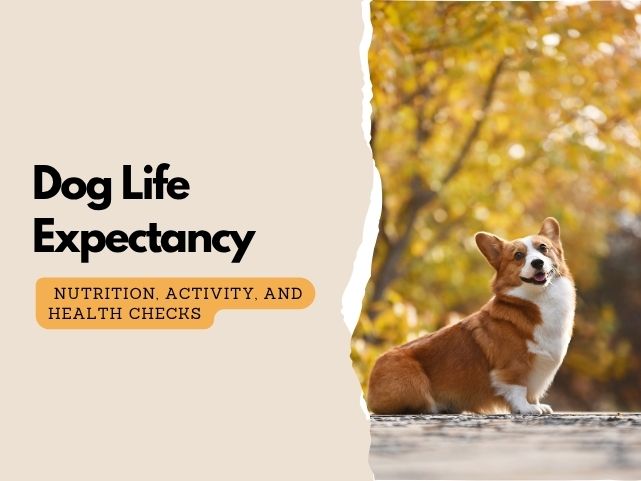Why does my dog sleep under the covers? Dogs choose to do this for several reasons: they find it cozy and secure, it satisfies their innate denning instinct, and it helps keep them warm. The familiar scent of their owner, the softness of the blanket, and the snug, enclosed environment all contribute to creating a comforting and safe space.
This behavior is natural and common among many dogs, reflecting both their evolutionary background and emotional needs.
Beyond just seeking warmth, sleeping under the covers can also be a way for dogs to feel close to their owners, reducing stress and anxiety. However, this behavior may sometimes indicate underlying emotional issues such as fear or anxiety. Understanding why dogs burrow under blankets can help you respond appropriately and ensure their well-being.
Understanding why your dog burrows under blankets can help you respond appropriately and ensure their well-being.
Reasons Why Dogs Sleep Under Covers

1. Instinctual Denning Behavior
Dogs are descendants of wild canids that used dens for protection, warmth, and safety.
Alongside honoring these instincts through cozy spaces, providing your dog with healthy pet food supports their overall well-being and energy, helping them thrive both physically and emotionally.
Burrowing under covers mimics this natural denning behavior, providing dogs with a secure, sheltered environment.
- Terriers and Dachshunds: Bred to hunt burrowing animals, these dog breeds that burrow under blankets have a natural tendency to dig and burrow.
- Huskies and Malamutes: Originating from cold climates, these breeds burrow into snow or blankets to conserve heat.
This behavior is deeply ingrained and explains why do dogs burrow under cover instinctively seek out blankets or covers to curl up beneath. Studies show that about 30% of dogs sleep under the covers with their owners, reflecting this natural tendency.
2. Seeking Warmth and Comfort
Blankets provide insulation and warmth, which is especially important for small, short-haired, or elderly dogs that may struggle to maintain their body temperature. The softness and snugness of blankets create a cozy resting spot that helps dogs feel comfortable and secure.
- Small and short-haired breeds like Chihuahuas and Greyhounds often prefer burrowing under covers to stay warm.
- Along with providing warmth, offering soft dog treats during rest times can help soothe and reward your dog, making their cozy space even more inviting and comforting.
Research indicates that nearly 70% of dog owners allow their dogs to sleep in the bedroom, with about a third of those dogs sleeping under the covers, suggesting that warmth and comfort are major motivators. Why do dogs sleep under beds or in other enclosed spots is also often driven by this desire for warmth and security in a den-like space.
3. Bonding and Pack Instinct
Dogs are social animals with a strong desire to be close to their pack, which includes their human family. Sleeping under the covers often means physical closeness to their owners, which strengthens emotional bonds and provides a sense of reassurance.
- Being near their humans reduces stress and promotes a sense of safety.
- Dogs often choose to sleep at chest or feet level, mirroring their human companions’ sleeping positions.
- This closeness fulfills dogs’ pack instincts, helping them feel included and secure during rest.
4. Anxiety and Stress Relief
For some dogs, burrowing under covers serves as a coping mechanism for anxiety or fear. Situations like thunderstorms, fireworks, separation anxiety, or unfamiliar environments can trigger this behavior.
- The confined space under blankets acts as a “safe zone” where dogs feel protected.
- The gentle pressure of the blanket can have a calming effect, similar to how weighted blankets soothe humans, by releasing oxytocin and reducing stress.
- During these stressful moments, owners often use dog training treats or enrichment activities to help redirect their dog’s focus and reward calm behavior. This combination of comfort from burrowing and positive reinforcement with treats plays an important role in emotional regulation.
Do All Dog Breeds Burrow Under Blankets? Exploring Tendencies
While many dogs love burrowing in blankets, some breeds are naturally more inclined to it due to their genetics and history. Understanding this helps explain why dogs sleep under the covers and why they like sleeping under the covers.
Breeds like Terriers and Dachshunds, originally bred to hunt in dens, have a strong instinct to dig and create confined spaces. This translates directly to a love for a dog sleeping under a blanket, fulfilling their need for a secure, den-like environment.
Similarly, breeds from cold climates, such as Huskies and Malamutes, often burrow to seek warmth. For them, a dog likes sleeping under covers is a practical way to regulate body temperature, mimicking their ancestors’ snow dens.
Even small breeds like Chihuahuas frequently engage in why do dogs burrow under covers. With less body mass, blankets offer crucial warmth and a sense of safety. This shows why dogs burrow into blankets often comes down to a fundamental need for warmth and security, regardless of size.
Recognizing these tendencies helps us appreciate our dog sleeping under a blanket behavior and provide the cozy spaces they instinctively seek.
Understanding Dog Burrowing for Comfort, Anxiety, or Something Else?
| Category | Signs | Description |
| Comfort | Calm, burrowing, relaxed, normal breathing | Seeking warmth and cosiness, typical sleep behavior |
| Anxiety | Frantic scratching, whining, pacing, and clinginess | Stress-related, often during loud noises or separation |
| Other Reasons | Burrowing due to illness, pain, or age (puppies/seniors) | Seeking warmth or comfort from discomfort or developmental changes |
Comfort Signs
- Your dog burrows under the covers calmly and settles down quickly.
- They appear relaxed, with normal breathing and no signs of distress.
- This behavior happens regularly during sleep or rest, especially in cooler weather.
Anxiety Signs
- Your dog burrows frantically or repeatedly scratches at blankets.
- They may whine, pace, or show other signs of nervousness before burrowing.
- This behavior often occurs during stressful events like thunderstorms, fireworks, or when left alone.
- Your dog may be reluctant to come out from under the covers or may appear overly clingy.
Other Reasons
- Medical issues such as illness or pain may cause increased burrowing.
- Puppies and senior dogs may burrow more frequently as part of their developmental or aging processes.
When to Worry and How to Help Your Dog?

When to Be Concerned?
- Burrowing is accompanied by excessive anxiety behaviors (panting, pacing, vocalizing).
- Your dog refuses to eat, drink, or interact normally.
- They seem trapped or unable to get out from under the covers.
- Sudden changes in burrowing behavior without an obvious cause.
How to Reduce Stress and Promote Comfort?
- Provide a designated cozy space, such as a covered dog bed or crate with soft blankets.
- Use calming aids like pheromone diffusers, anxiety wraps, or natural supplements (consult your vet first).
- Maintain a consistent routine to minimize stress triggers.
- Engage your dog in regular exercise and mental stimulation to help reduce anxiety.
- Avoid forcing your dog out from under the covers if they seem comfortable and safe.
- Consider feeding fresh food for dogs to support their digestive health and overall well-being.
- Choose premium dog food that provides balanced nutrition, helping your dog stay healthy and better equipped to handle stress.
Conclusion:
Understanding why your dog burrows under blankets is essential for ensuring their comfort and emotional health. Whether your dog seeks warmth, safety, or stress relief, respecting this behavior can deepen the bond between you and your furry friend.
To provide the best care, it’s important to offer balanced nutrition through fresh food and premium dog food, alongside calming aids and regular exercise. For comprehensive support, Soluky Pet is an excellent choice to help your dog stay calm, healthy, and comfortable in their environment.
FAQs:
Why does my dog suddenly start burrowing under the covers more than usual?
Sudden increased burrowing can indicate stress, anxiety, or discomfort. It might be triggered by changes in the environment, loud noises, or health issues. Monitoring your dog’s behavior and consulting a vet if needed can help address the cause.
How can I tell if my dog is burrowing for comfort or because of anxiety?
Comfort burrowing is usually calm and relaxed with normal breathing, while anxiety-related burrowing involves frantic scratching, whining, pacing, or clinginess. Observing your dog’s overall behavior and body language can help you distinguish the reason.
Is it safe to let my dog sleep under the covers every night?
Generally, it’s safe if your dog can get in and out easily and shows no signs of distress. However, if your dog seems trapped or overly anxious under the covers, it’s best to provide a cozy alternative and encourage other calming behaviors.
What are some ways to help reduce my dog’s anxiety related to burrowing behavior?
Providing a designated cozy space, maintaining a consistent routine, engaging your dog in exercise, and using calming aids can help. Feeding quality nutrition and seeking advice from trusted resources like Soluky Pet can also support your dog’s emotional health.

 You Might Also Like
You Might Also Like

